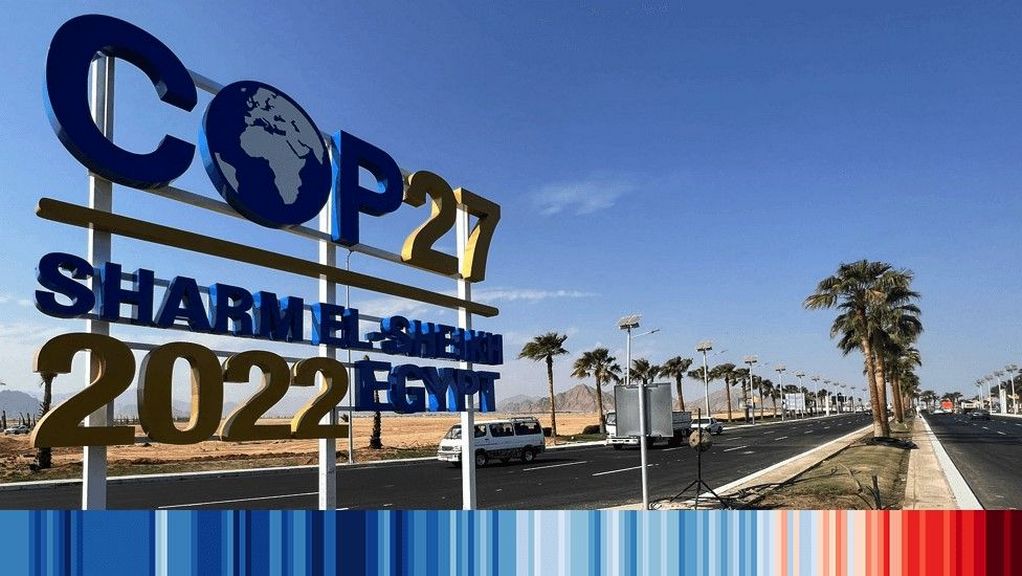Some of the world’s leading economies have committed to reducing greenhouse gas (GHG) emissions from fossil fuels, but said oil and gas consumption will persist as the energy transition takes shape as they seek to balance energy security with decarbonisation.
At the Cop 27 UN climate summit today, the US, the EU, the UK, Japan, Canada, Norway and Singapore pledged to “dramatically” reduce methane, CO2 and other GHGs across the fossil fuel chain, as a “necessary complement to global energy decarbonisation”. They reiterated the need to eliminate routine venting and flaring and to carry out regular repairs in upstream, midstream and downstream oil and gas operations.
There should be “robust” and transparent measurement and reporting, and measures “to require or strongly incentivise reductions in greenhouse gas emissions associated with fossil energy imports” should be implemented, and they said membership of the UN’s oil and gas methane partnership — a reporting framework for the oil and gas sector — should be encouraged.
Methane has been a key focus at Cop 27, with the US pledging $20bn towards tackling emissions of the potent GHG, and detailing a new action plan and tighter restrictions proposed for oil and gas producers.
Tags: Canada, COP27, Emissions, Japan



Recent Posts
EST-Floattech Expands Octopus Series with Lithium Iron Phosphate Battery Modules
PowerCell’s Marine System 225 receives Type Approval from Lloyd’s Register
Echandia Secures SEK 325 Million in Funding to Advance Maritime Electrification
Scotland’s Largest Maritime Decarbonisation Project Launches at Port of Aberdeen
Fortescue, GH2, and Trovio Complete First Digital Fuel Certificate Pilot for Ammonia Bunkering in Rotterdam
Fortescue Recognised as Global Leader in ‘Real Zero’ Climate Action
Bureau Veritas Urges Rethink of Maritime Finance and Operations in New Book on Sustainable Blue Economy
APM Terminals Pier 400 Deploys Largest Electric Terminal Tractor Fleet at Port of Los Angeles